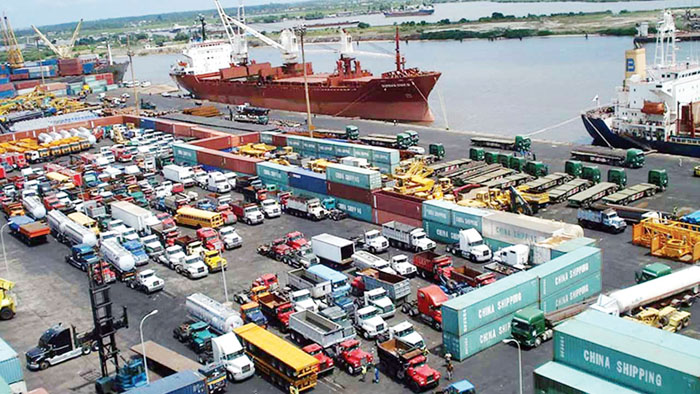For decades, Nigeria’s economic gateway has been disproportionately anchored to Lagos. Apapa and Tin Can Island ports remain the dominant arteries through which over 70 per cent of the country’s imports and exports flow. But this overreliance has led to chronic congestion, staggering logistics costs, and avoidable infrastructure decay. Meanwhile, Nigeria’s eastern seaports in Calabar, Warri, Port Harcourt, and Onne, languish underutilised, largely due to one preventable issue: the lack of comprehensive dredging.
Dredging is not just about deepening waterways. It’s about unlocking economic potential, creating regional balance, and spreading the burden of Nigeria’s maritime economy beyond a single overstretched hub. The fact that ports outside Lagos remain shallow and difficult to navigate for modern vessels is a national miscalculation—both economically and strategically.
The Calabar Port, for instance, has not seen a major dredging operation in years. Ships are reluctant to berth because of low draughts and the high risk of grounding. Warri Port is equally underutilised, not because of a lack of potential, but because vessels cannot access its berths safely year-round. This is unacceptable in a country with one of the longest and most economically viable coastlines in Africa.
The economic cost is enormous. According to maritime experts, Nigeria loses hundreds of billions of naira annually in demurrage, inland transportation delays, and inefficiencies stemming from the overconcentration of cargo at Lagos ports. Meanwhile, businesses in the South-East, South-South, and North-Central regions spend more transporting goods inland than they do importing them. A container landed at Lagos may cost more to truck to Enugu than to ship from China. This is neither sustainable nor competitive.
By dredging the Calabar, Warri, and Port Harcourt ports to international draught standards, Nigeria can achieve multiple goals at once: decongest Lagos, boost regional economies, and reduce the cost of doing business across the country. It would also encourage more direct foreign investment in these regions, open up hinterland cities to global commerce, and foster economic inclusion for parts of the country that have long been sidelined in maritime logistics.
The Nigerian Ports Authority (NPA) and the Ministry of Marine and Blue Economy must prioritise this effort as a matter of national urgency.While recent moves to promote alternative ports are welcome, progress has been piecemeal and slow. In Calabar, multiple dredging contracts have stalled amid allegations of corruption and mismanagement. Warri, despite its strategic position near oil-producing zones, remains a ghost of what it could be. This inertia must end.
Public-private partnerships offer a clear path forward. Global dredging firms are willing to invest in Nigerian ports if there is clarity, transparency, and policy consistency. The government must provide enabling legislation, guarantee investment protection, and streamline regulatory processes. It must also empower the Nigerian Shippers’ Council and port concessionaires to fast-track the modernisation of port infrastructure alongside dredging.
But this is more than a technical fix; it is a nation-building imperative. Nigeria cannot become a regional trade hub under the African Continental Free Trade Area (AfCFTA) if it does not optimize its full maritime geography. A diversified port system will make Nigeria more resilient, more efficient, and better prepared to lead intra-African trade.
Lagos alone cannot carry the weight of Nigeria’s maritime future. Dredging the eastern ports is not just an option, it is a necessity. The longer we delay, the more opportunities we lose to our regional rivals. The waters are waiting. It’s time to go deeper.





